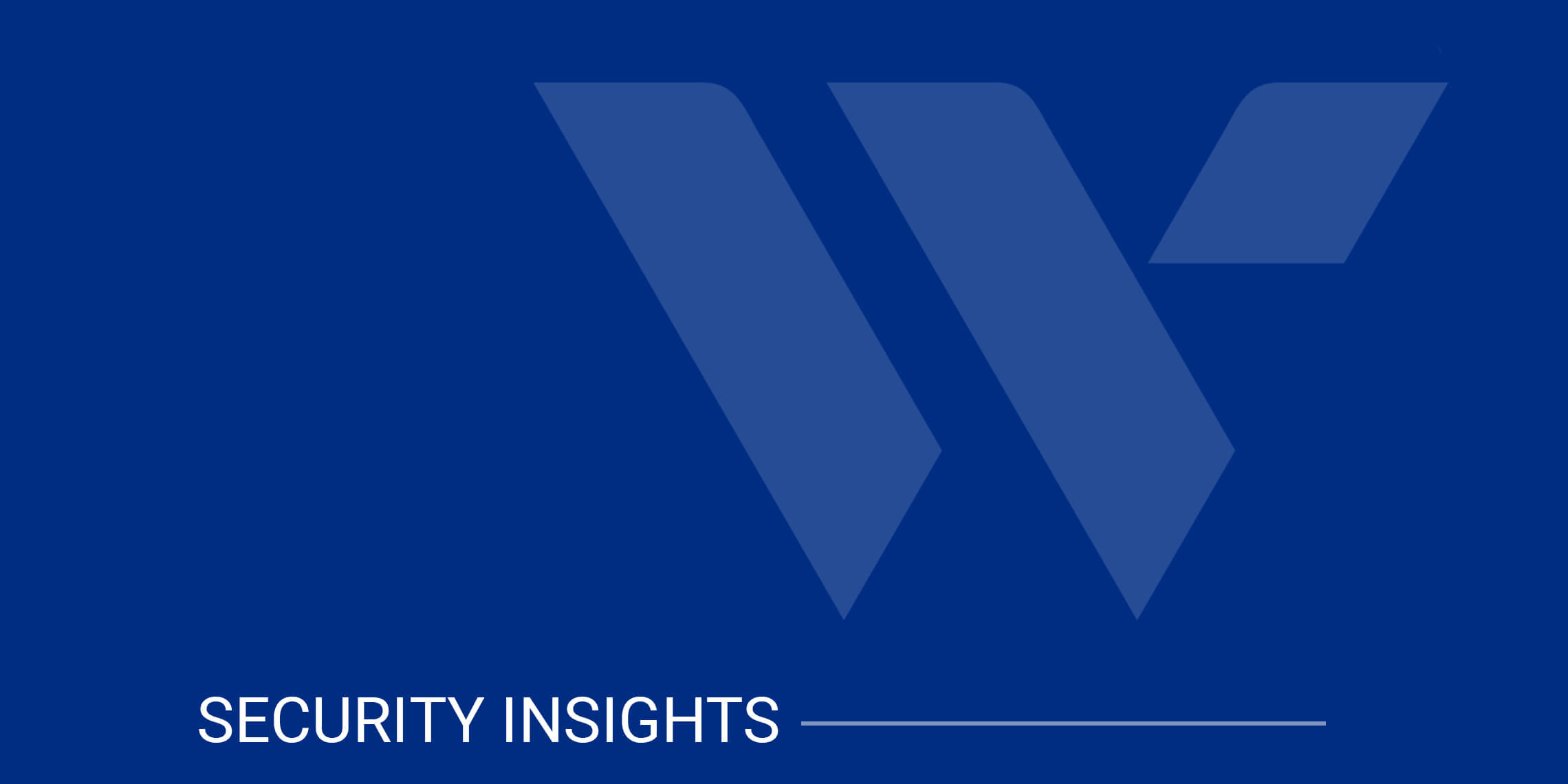
Published on April 14, 2020 | 2 min read | Webster Bank
Ransomware occurs when you inadvertently download malware or malicious software from either an email attachment or a website link that interrupts your access to your computer files. The malware then causes a notice to pop up on your screen that says you need to pay a certain amount of virtual dollars to receive a code that will unblock you from your computer files.
The amount of “ransom” money demanded varies, but normally falls between $500 and $1000 for individuals. The result is that you’ll either lose your data or the cash you’ll pay for the ransom.
The government does not encourage paying these hackers for the data. Please reach out to the FBI at the Internet Crime Complaint Center (IC3) if you fall victim.
At Webster, cyber security is our top priority, and that includes making sure you are aware of potential threats and know how to protect yourself.
For more information, visit these links: